Search Results
Showing results 41 to 60 of 66
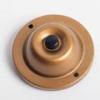
Two Button Buzzer Circuit
Source Institutions
In this activity, learners explore an everyday situation, where either of two or more buttons can ring a buzzer.
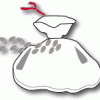
Static Electricity
Source Institutions
In this quick activity, learners explore static electricity using a plastic comb, wool cloth, puffed rice, and a plastic bag.
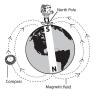
Dancing Compasses
Source Institutions
Learners use compasses to detect the magnetic field created by current moving through a wire. This is one of four activities learners can complete related to PhysicsQuest 2008.
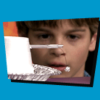
Electroscope
Source Institutions
In this activity, learners make an electroscope out of a foam cup, straw, aluminum pie pan, thread, and foil. Learners use their electroscopes to test for static electricity.
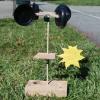
Weather Vane and Anemometer
Source Institutions
In this meteorology activity, learners construct simple devices to measure the direction and speed of wind.
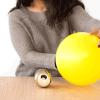
Remote Control Roller: Experiment with Static Electricity
Source Institutions
This activity is an investigation of static electricity. What happens when you get "static cling?" Basically, you pile up electrons on one thing, which attracts the protons in something else.
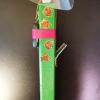
Personal Fan
Source Institutions
Cool off in the heat with this project! Learners use simple materials to build a fan that runs on a motor.
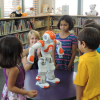
Circuits with Friends
Source Institutions
In this activity, learners explore the parts of a circuit by modeling, as a group, a “human” circuit.
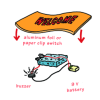
Keep Out!
Source Institutions
In this technology activity, learners build an "alarming" doormat to keep siblings out of their rooms. Use this activity to teach learners about circuits, switches, and sensors.
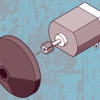
Motorized Car
Source Institutions
In this design challenge activity, learners build a car that uses a battery-operated motor to "drive" at least ten feet.
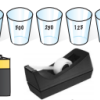
Water Wire: Electricity Flowing Through Water
Source Institutions
In this activity on page 10 of the PDF, learners detect the amount of energy that can flow through a sodium chloride electrolyte solution with a light sensor.
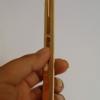
Flat Flashlight
Source Institutions
In this activity, learners build a tiny but powerful flashlight out of simple materials. Use this activity to introduce learners to electrical circuits and conductivity.
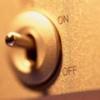
Electric Switches
Source Institutions
In this activity, learners incorporate a simple switch into a battery/bulb circuit. Learners will use their knowledge of circuits to design and make their own switches using common materials.

Gel Electrophoresis
Source Institutions
In this activity, learners simulate the process of DNA fingerprinting by using electricity to separate colored dyes.
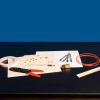
Circuit Board
Source Institutions
Learners make a circuit board that has questions and answers. When the correct answer is chosen for a question, a circuit is completed and a light illuminates.
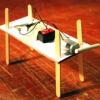
Minibot
Source Institutions
In this activity, learners build a mini dancing robot. This engineering activity introduces learners to electricity, circuits, switches, conductivity, and motors.
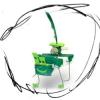
Jitterbugs
Source Institutions
In this activity, learners construct bug models that "jitter" all over the table with just a battery, motor, and counterweight.
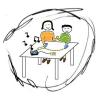
Making Circuits
Source Institutions
In this activity, learners explore electricity and conductivity to find that many things conduct electricity including copper, pencil lead, fruit, play-doh, and even people!
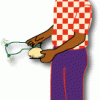
Fruity Electricity
Source Institutions
In this activity, Frankenstein's lab is running out of electricity! Learners use fruit to help Igor find a temporary source of energy to turn on a light.
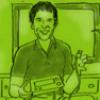
Electric Highway
Source Institutions
In this design challenge activity, learners design and build a circuit: an "electric highway" that connects a battery and buzzer at least three feet apart using four types of materials.
